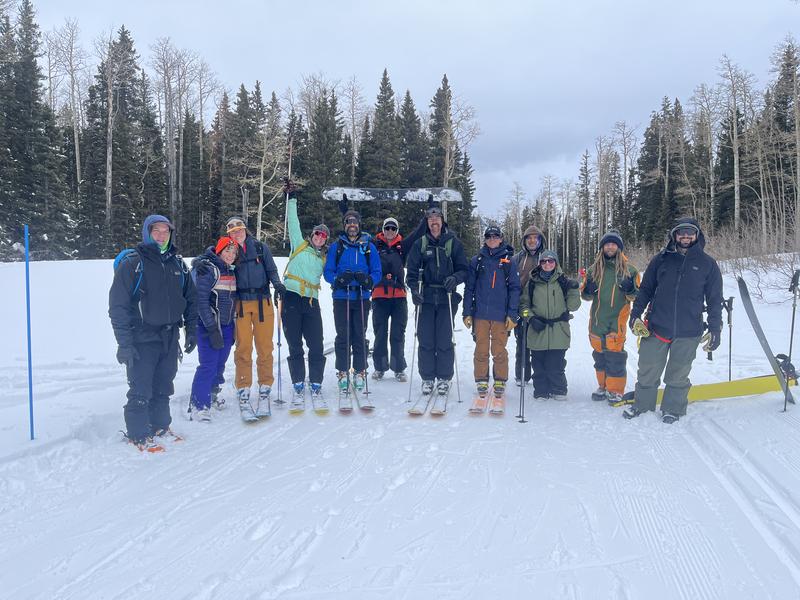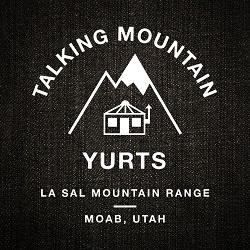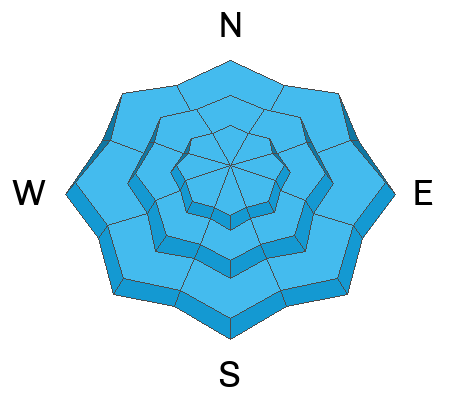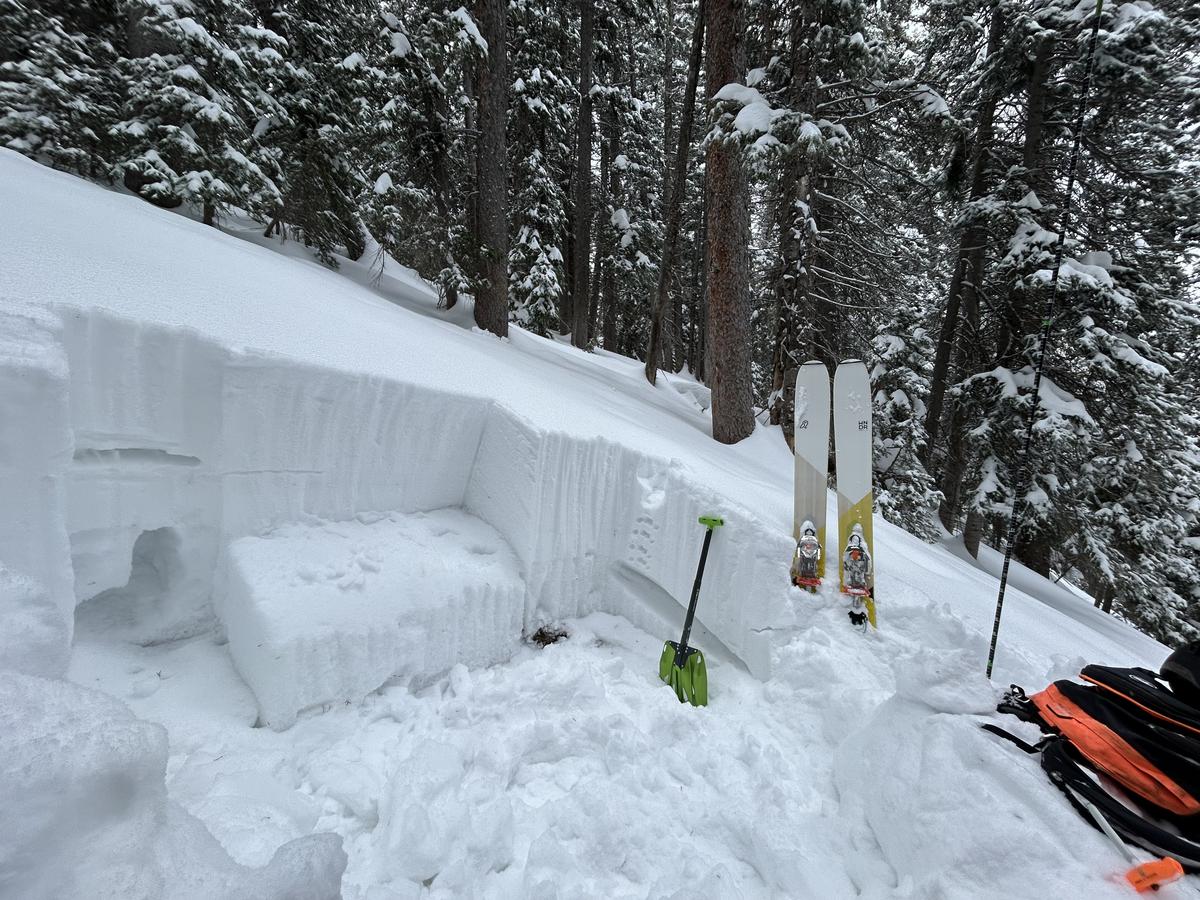Forecast for the Moab Area Mountains

Issued by Dave Garcia on
Tuesday morning, January 23, 2024
Tuesday morning, January 23, 2024
A CONSIDERABLE avalanche danger remains on steep slopes facing W-N-E at all elevations. Skiers and riders are LIKELY to trigger avalanches breaking 2 feet deep or more. These are dangerous avalanche conditions that require conservative decision making.
A MODERATE avalanche danger exists on steep slopes facing SW-S-SE at all elevations. Signs of instability will be less obvious on these slopes, but human-triggered avalanches failing on a buried persistent weak layer remain possible.
Fortunately, the snow quality is great and skiing and riding on low angle slopes is your ticket to a good time in the mountains today.
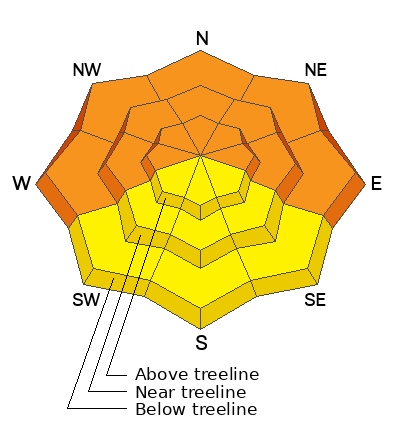
Low
Moderate
Considerable
High
Extreme
Learn how to read the forecast here



